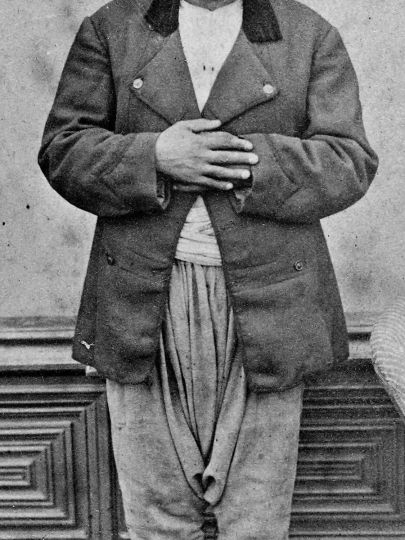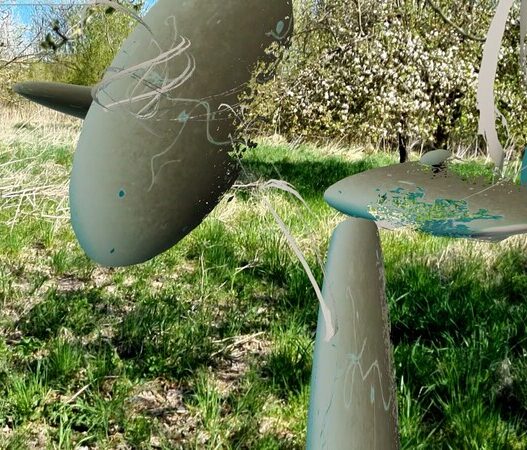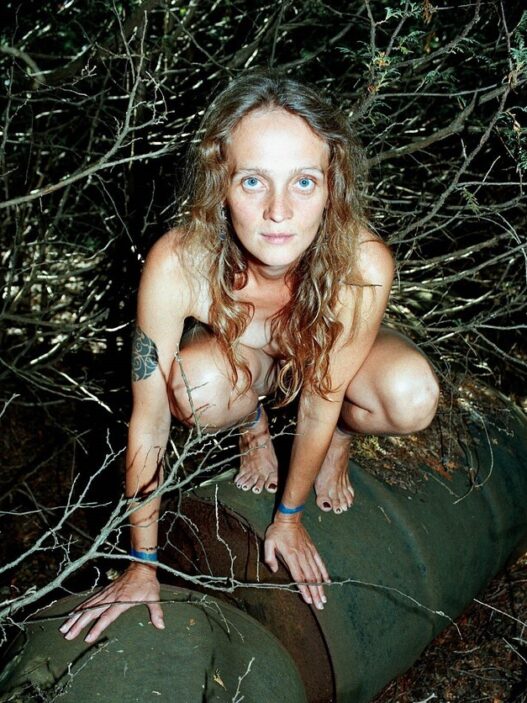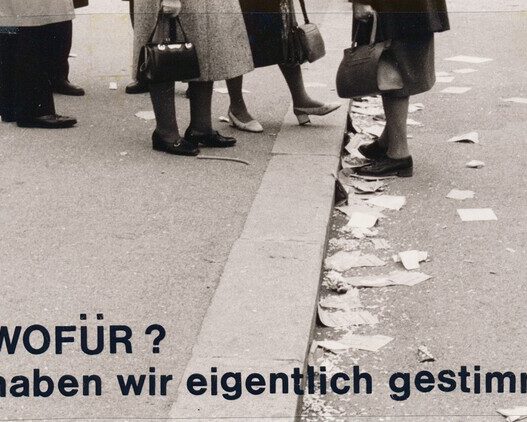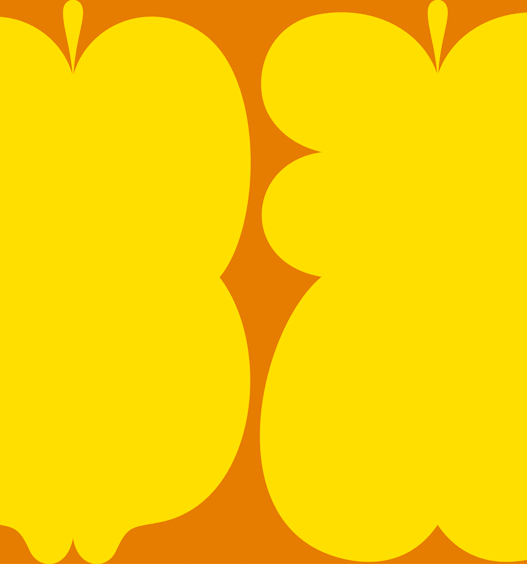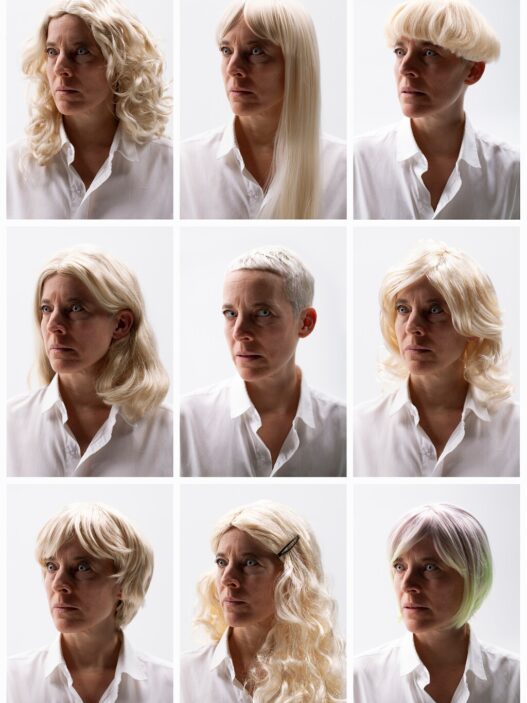The anthropomorphic lukàsà
Represents all human beings
Consisting of men and women
As well as all human varieties
This symbol that has been rightfully placed
On a large cross on the quay of the Scheldt river
In the famed city of Antwerp
Where the first Belgians left for Congo
And where the first Congolese arrived
Emphasises the wish to collectively
Build a joyous humanity
And the arrival of a new era
An era of reconciliation and resilience
Of cooperation and brotherhood
It directs our gaze to the present and the future
The agents of today
Are indeed not the same as those of yesterday
—Jean Kabuta, The Long Hand (excerpt), a kasàlà written in response to the eponymous artwork by Sammy Baloji
The Antwerp Public Art Collection (Kunst in de Stad—Middelheim Museum) is pleased to showcase visual artist Sammy Baloji’s newly commissioned piece. This commission is Baloji’s first permanent public piece, as well as the first by a Congolese artist in Antwerp’s public area.
This gigantic artwork, titled The Long Hand, is located on the Scheldt River’s southern quay. The artist was drawn to the river right once, seeing it as a link between “here” and “there,” between the city and the rest of the globe, but also, more poignantly, between Belgium and Baloji’s native Congo.
Many references converge in The Long Hand, a sculpture comprised of bronze, bricks, and recycled plastic—three composite elements. Bronze is a tin-copper alloy, with copper being one of the DRC’s principal mining and export goods. Bricks: made from clay and soil from spoil tips in Maaseik, Limburg, remains of Belgium’s lost mining industry. Waste from manufacturers is gathered and melted into cut diamond forms that embellish the bronze figure.
The sculpture’s shape and namesake are inspired by the Lukasa, a cultural artifact used by the Luba people of Southern Congo. Lukasa (or “long hand” in Kiluba) are memory boards that are an important aspect of the Luba people’s oral history and storytelling culture. Sammy Baloji puts this mnemonic device into public space with The Long Hand, making it gigantic and so harmonizing with the legacy of commemorative signifiers in public art.
Lukasa are traditionally made of wood and ornately adorned with abstract carvings and stones or shells. They’re employed in ceremonies when a so-called “man of memory” holds the Lukasa in one hand and follows the lines and encrusted gems with the other, employing them as information nodes, orally transmitting Luba history and mythology.
The colored plastic diamonds are bonded to the bronze sculpture’s surface in such a way that they trace the maritime path between Antwerp and Muanda, Congo’s biggest port city. The artist designed the brick platform on which the monument stands as a place to relax, gather, and share stories.
Another reference of note is a quotation by former Antwerp mayor Lode Craeybeckx (1897-1976), who said: “A citizen of Antwerp need only put their hand in de river Scheldt to be connected to the world.”
Curator: Samuel Saelemakers
Coordination: Estelle Lecaille, Twenty Nine studio
Project development: Ismaël Bennani & Orfée Grandhomme, Valentin Bollaert (Bureau Nord), Victor Mangindula, Maximiliaan Royakkers
Production: Art Casting, De Craecker, Bel Albatros, Helix, Wicko
The Long Hand was made possible in part with the support of the Flemish government.
About the artist
The oeuvre of Sammy Baloji (1978, Democratic Republic of the Congo, lives and works in Brussels) is a perpetual investigation into the cultural, architectural, and industrial heritage of the Katanga region, as well as an inquiry into the effects of Belgian colonization.
Waterfront
2000 Antwerp
Belgium


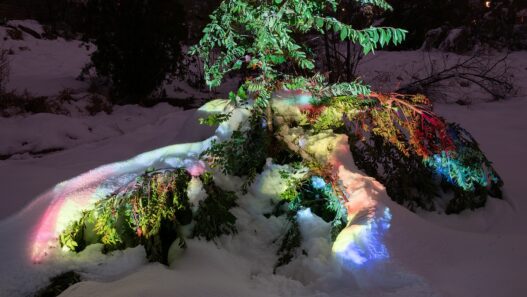

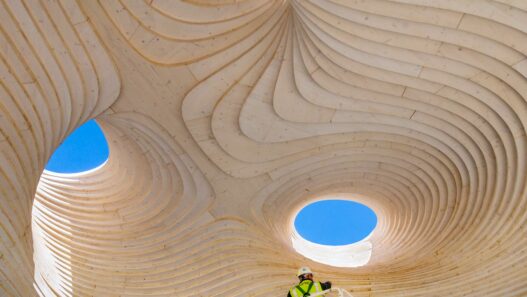

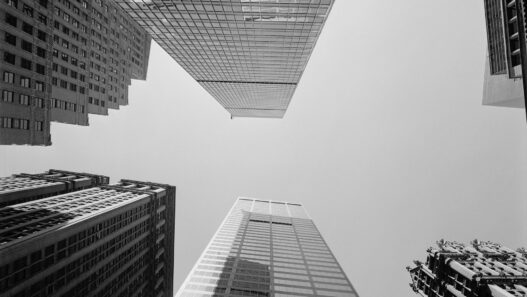

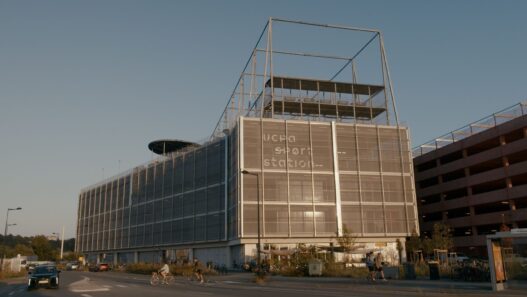
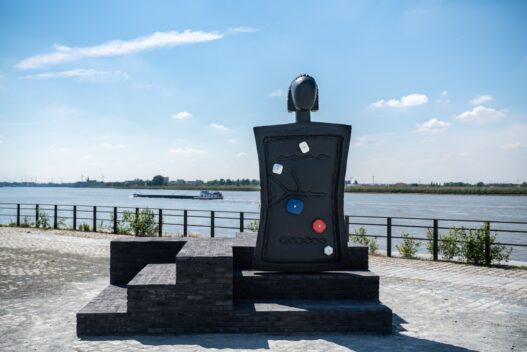
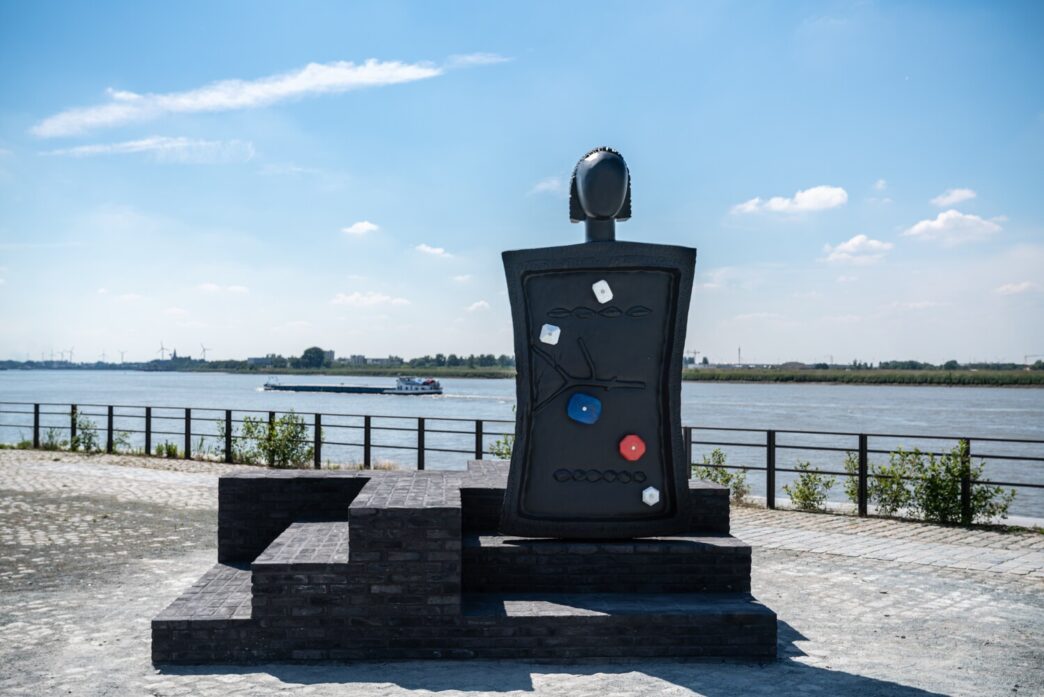


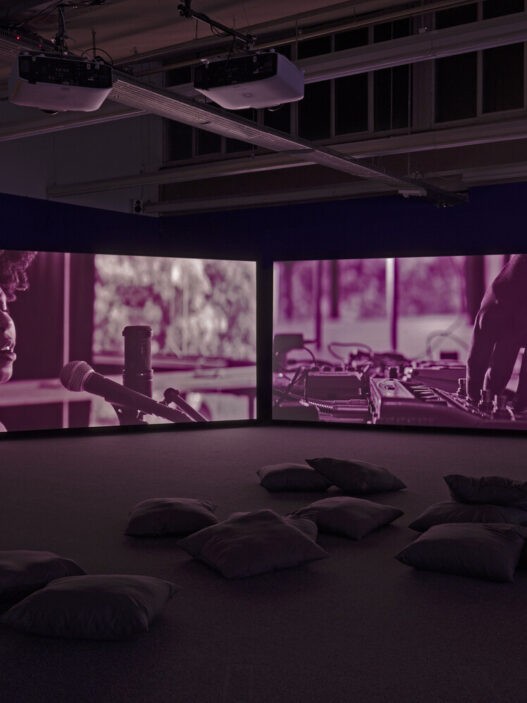
![[1] Ruth Wolf-Rehfeldt, Spheres of Interest, 1975. Zincography, 21 x 29.5 cm. Courtesy of the artist and Chert Lüdde, Berlin. [2] Endre Tót, I'M LOOKING FOR NOBODY, 1980. From the photo series “HOPES IN THE NOTHING.” Color photo. © VG Bild-Kunst, Bonn, 2022. [3] Käthe Kollwitz, The Mothers, 1983/208. Sheet 6 of the series “War.” Woodcut. All images courtesy of ifa art collection.](https://dailyart.news/wp-content/uploads/2022/06/ifa_berlin-527x703.gif)
